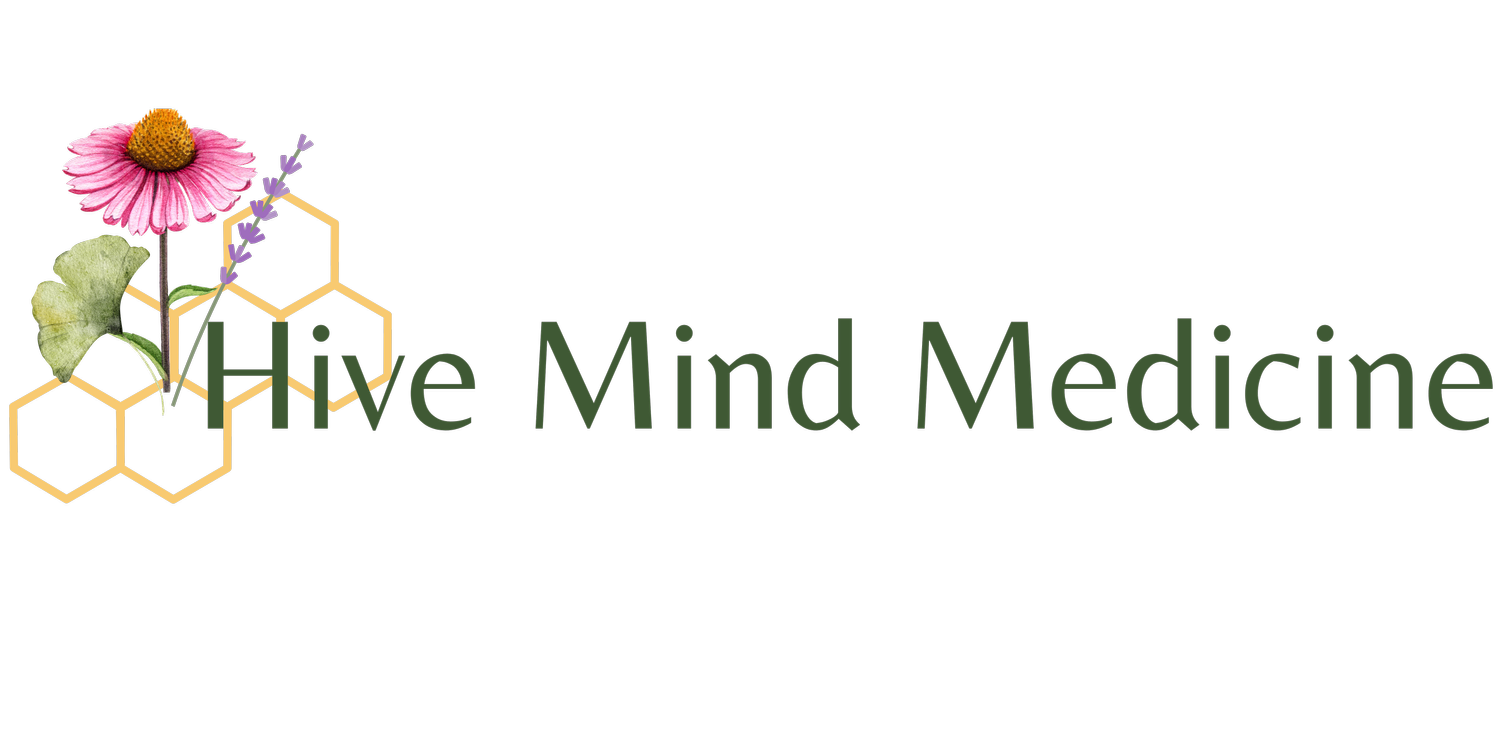Check Your Breath
by
Kayle Sandberg-Lewis, LMT, MA, BCN-Fellow
When we're anxious, it can be hard to breathe. When the weather's hot, it can be hard to breathe. Thinking about how we're breathing can create further anxiety for anxious people, making it even harder to breathe. It can be a maddening circle.
Controlling how we breathe, however, can become the most direct route to cultivating low arousal, or, as I like to call it, fooling your brainstem into thinking the world is safe.
Here's a refresher on how to reset your breathing patterns. There's no quick fix. It requires patience over time.
Pick three “prompts” or “cues” – my suggestions are doorknobs, faucets and light switches because they occur throughout most days and are transitional in nature – going from one room to another; going from dry to wet; going from dark to light or vice versa.
As you reach out, take a slow breath in, counting to 4 or so – (you will become more comfortable with longer inhalations the more often you do the exercise.)
Hold your breath for a count of two
Purse your lips and slowly exhale as you count backwards from 8 to 1. [However long it took to inhale, double that time for exhaling]. Then go about your day until you encounter the next cue.
If you do this throughout the day, you will become more aware of your breathing patterns and more likely to catch yourself when you either hold your breath or breathe shallowly.
When you catch yourself not breathing “properly” - and you will, no matter how hard you try - retrain yourself to say “Thanks for the reminder” do the slow exhalation & go about your day. Berating yourself for “failing” is NOT helpful.
For a more thorough explanation of breathing and the stress response, see this post
Kayle Sandberg-Lewis holds a M.A. in Behavioral Medicine, the study of how what we do affects our well-being. She has over three decades experience in stress management and is board certified in neurofeedback, which she introduced to her practice in 1996. Kayle co-founded Hive Mind Medicine in 2019, where she currently offers neurofeedback to her clients.
Hive Mind Medicine blog posts are for educational purposes only and are not intended as medical advice. Please consult with your health care practitioner for personalized guidance. Click on the contact button below if you would like to schedule with one of our Hive Mind practitioners.
